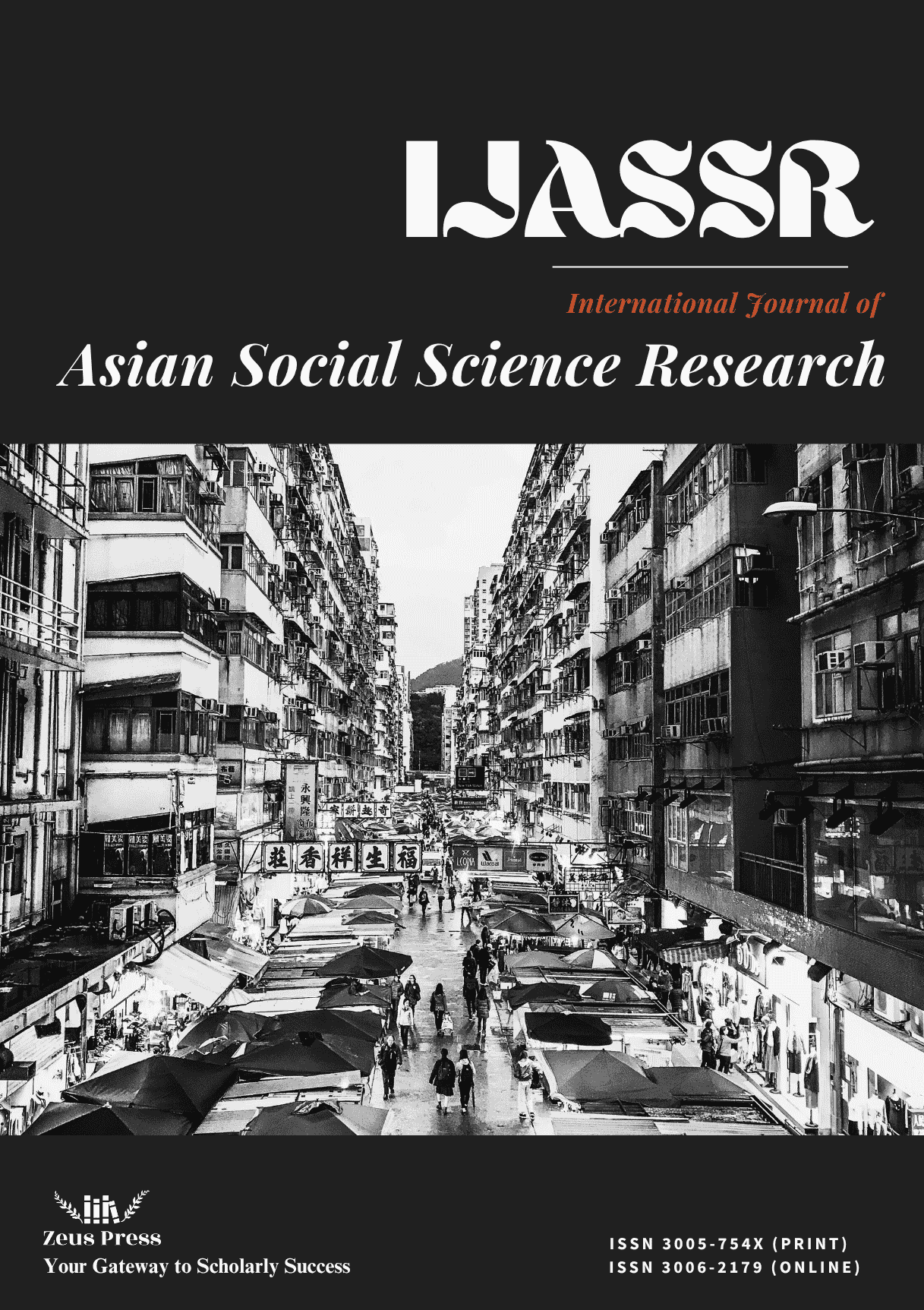Challenges and Strategy Construction for “Three-all Education” in the Context of AIGC Development
Main Article Content
Keywords
three-all education, generative artificial intelligence (AIGC), digital and intelligent ideological and political education, innovation in educational pathways
Abstract
Artificial intelligence under the development of technological revolution has moved from decision-making artificial intelligence to generative artificial intelligence, but the technological drawbacks brought about by this are bound to pose new challenges to ideological and political education and even the “Three-all Education” in the new era. Based on the current situation, this paper uses literature review and case analysis methods to explore how the three gaps in AIGC (namely the technological access, usage skills, and content creation) exacerbate educational inequality and impact on the goals of “Three-all Education”, namely all-staff collaboration, whole-process coverage and all-round penetration. It also provides theoretical support for establishing a technology-education-ethics embedded collaborative framework in the future.
References
- Beijing Normal University. (2025). Report on the construction of digital education institutes and the enhancement of teachers' digital literacy. Beijing Normal University Press.
- Fang, Y. (2024, December 20). Exploration and practice of digital-intelligent collaborative education under the "three comprehensive education" framework. Guangdong Science and Technology News, 014.
- School of Information Engineering. (2025). Annual report of the "e-road Qianxing" technology volunteer service project. Jiangxi University of Science and Technology.
- Shi, L., & Xu, Z. (2025). Application of generative artificial intelligence in mental health education for college students. Journal of Wuhan University of Technology (Social Sciences Edition), 38(3), 140-146.
- [Record #98 is using a reference type undefined in this output style.]
- Sui, L., & Xu, M. (2023). Intelligent ideological and political education: internal logic, contradictory dilemmas, and implementation strategies. Journal of Beijing Union University (Humanities and Social Sciences), 21(4), 26-34.
- Wang, H., & Liu, H. (2024). Seamless intelligent ideological and political education: a new paradigm for ideological education in higher education. Education Review, (5), 85-93.
- Wang, Y., & Zhou, T. (2025). Artificial intelligence reshapes the future of teaching and learning: interpretation and insights from the 2025 EDUCAUSE horizon report (teaching and learning edition). China Education Informationization, 31(6), 89-100.
- Zhao, X., Xu, D., & Hu, Z. (2025). Artificial intelligence reconstructs the higher education ecosystem: trends, transformations, and governance—key points and reflections on the 2025 horizon report (teaching edition). Open Education Research, 31(3), 42-51.
- Zhejiang Normal University. (2025). Case studies on artificial intelligence empowering educational and teaching reform. Zhejiang Education Press.


